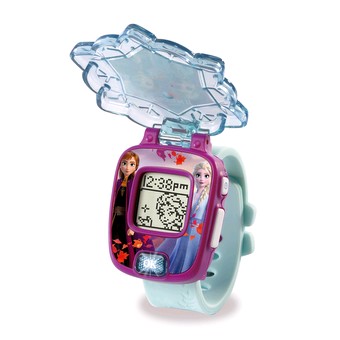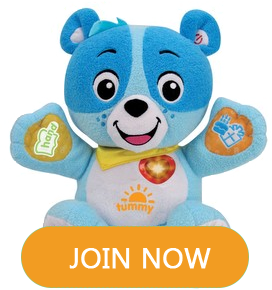Why Join VTech Club?
Joining is free, fast and full of great benefits, such as:
- Promotions and offers
- Monthly £1,000 prize draw*
- Regular competitions
- Special offers for our members
Added benefits
- Register your VTech products
- Apply to be a Product Tester
-
Shop
AgeBaby MonitorsBy BrandMore Ways To Shop
- Brands
-
Downloads
Learning LodgeLearning Lodge AppsIOS AppsAndroid AppsDigiart
-
Parents
VTech Club Sign-up
- Customer Support
Consumer ServicesAbout VTechFirmware UpdatesContact Us - Customer Support
Shop
Age
Baby Monitors
By Brand
More Ways To Shop
Brands
Downloads
Learning Lodge
Learning Lodge Apps
IOS Apps
Android Apps
Digiart
Parents
VTech Club Sign-up
Parenting
Community
Customer Support
Consumer Services
About VTech
Tutorials
Firmware Updates
Contact Us

3-7
YEARS
Frozen II: Magic Learning Watch
£19.99
Temporarily unavailable to purchase online,
for more information please call 03306780149
for more information please call 03306780149
Developmental Benefits
Frozen II: Magic Learning Watch

- Develops counting and number identification.
- Even young babies can discriminate between a small set of objects and a large set of objects. Young children learn to match their culture’s number words and symbols (e.g. 1, 2, and 3) to specific quantities. Research has shown that maths skills can improve with practice; young children who are given plenty of opportunity to work and play with numbers and counting will improve their basic maths skills. Counting rhymes are very popular with babies and young children and teach them basic maths concepts in a fun way. A young child may make mistakes when learning to count (e.g. missing out the number 6 when counting 10 bricks). But this young child is still demonstrating the basic maths ability; linking number words to actual numbers, realising that each item can only have one number word, and that the numbers have a sequence. Number games, learning about sequences and singing counting rhymes all help to enhance children’s basic maths skills.
Repetition is also important, for instance, singing counting rhymes over and over again gets babies used to number words and their sequence. Toys that count as babies, for instance, place bricks in a slot and computer games that present children with fun maths problems are also useful learning tools. Play and practice with numbers is fun for babies and is essential for the development of young children’s understanding of quantity.

- Stimulates critical thinking through memory and logic games.
- An infant’s thinking skills are influenced by physical activity. Cognitive development is the change in abilities such as attention, memory, problem solving and language. Research has shown that infants’ thinking skills develop as they act on the world with their eyes, ears, hands, feet and mouth. Babies learn about the world when they reach, crawl, put objects in their mouths, and drop or bang toys to make a noise. These interactions with the physical world enable babies to begin to understand their surroundings. For example, placing an interesting toy just out of reach of babies stimulate their interest and encourages them to move.<br /> As the child grows and develops the brain changes in response to the child’s interaction with the world. Learning about the world through play strengthens connections in the brain; this enables infants and children to attain a greater understanding of their surroundings. Cognitive development can be a social activity; adults help infants and children to understand more about their world by presenting them with games and problems that stimulate their thinking and expand their knowledge base. An infant’s and child’s interactions with objects and people, and the consequent changes in the brain, are the building blocks of development.

- Introduces the alphabet, letter sounds and vocabulary.
- Babies start to babble at an early age and this can be seen as the first signs of language. They are predisposed to pick up the sounds of the language that they hear around them. Adults can facilitate babies’ language development by playing with them, focussing on particular toys, reading books and naming everyday objects. The more babies are exposed to language the faster they will begin to pick up it up. There are social skills involved in language acquisition such as realising that it is necessary to wait until the other person has finished speaking. Babies begin to learn about conversational turn-taking from an early age; if a baby is babbling the adult waits for a pause and then talks to the baby. Babies learn to take turns even before they are using words. Social interaction is important for language development and turn-taking games are a fun and educational way for babies and young children to learn.<br/ > Young children also need to practice their language skills. Toys that name alphabet letters and everyday words satisfy young children’s need for repetition and rehearsal when practicing words and sounds. For instance, young children can press a button repetitively to hear the same sound or word again. Babies and children learn a lot through repetition and pick up words rapidly in this way. Once children begin to read their vocabulary expands enormously.

- Develops logic skills and strategic thinking through memory.
- Babies become increasingly adept at solving problems as their motor skills become more finely tuned. Problem solving in infancy and childhood is about directing attention towards a goal and behaving in such a way as to achieve a successful outcome. For instance, a young infant who sees an adult hide a toy under a blanket will cease to look for it whereas an older infant will pull away the blanket to reveal the toy. These types of actions are the foundations of problem solving behaviour. Babies and children love games where they have to find a hidden object; they can have fun and at the same time increase their problem solving capabilities.<br /> Babies love to explore and experiment with the world. At the end of the first year infants are exploring the features of objects by handling and playing with them in new ways. For instance, when babies are trying to fit a block through a hole they will twist, turn and push it until it fits through the space. Babies are also expanding their problem solving skills by learning to look for objects in more than one place. Adults can help with the development of problem solving in young children by directing attention to the potential solution to a problem. As children grow they learn to direct their attention and plan their actions. Thinking about actions ahead of time and planning what do next is all part of problem solving. Playing games, whether it is on a computer or with another person can enhance problem solving skills.
- The VTech Frozen II Magic Learning Watch is a great wearable gadget for children!
- Help Anna, Elsa and their friends on their adventures!
- Includes an alarm, timer & Stopwatch functions.
- Features 4 built-in games to introduce and reinforce the learning of counting, opposites, numbers and problem solving!
- Includes 9 interchangeable digital clock faces and glowing light!
Best for ages:
3 to 7 Years
Highlights
Frozen II watch features alarm, timer & stopwatch functions and 4 built-in games that teach counting, opposites, numbers, logic and problem solving!
Description
The VTech® Frozen II Magic Learning Watch is a great wearable gadget for children! Not only will this watch show you the time, there is also an alarm, timer & stopwatch functions. There are 4 built-in games to introduce and reinforce the learning of counting, opposites, numbers and problem solving! Remember Olaf's pose, see the objects Elsa creates with her magic and discover their opposites, count the boulders or choose the correct numbers to guide Olaf across the river! Includes 9 interchangeable digital clock faces and glowing light! It’s time to join the adventure with Anna, Elsa and their friends!
- Product Number: 80-518803
- 1x CR Batteries Required
- Customer Support
- Learning Lodge on
macOS 10.15 - FAQs
- Contact Us
- Product Safety Message
- Privacy Policy
- Cookie Statement
- Vulnerability Disclosure Policy
- Delivery Detail
- Website Terms & Conditions
- Learning Lodge Terms & Conditions
- Kid Connect and KidiConnect Terms and Conditions
- eWaste & Battery Recycling
- Product Warranty
- Returns Policy
- Modern Slavery Statement
- Right to Erasure Request Form
- Site Map
- About VTech
- Expert Panel
- Careers
- Sustainability
- Tax Strategy
- Climate Positive Workforce
- VTech Global
- VTech Canada
- VTech US
- VTech Phones

©2025 VTech Electronics, All Rights Reserved.



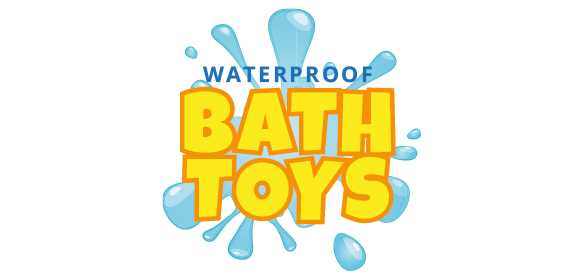
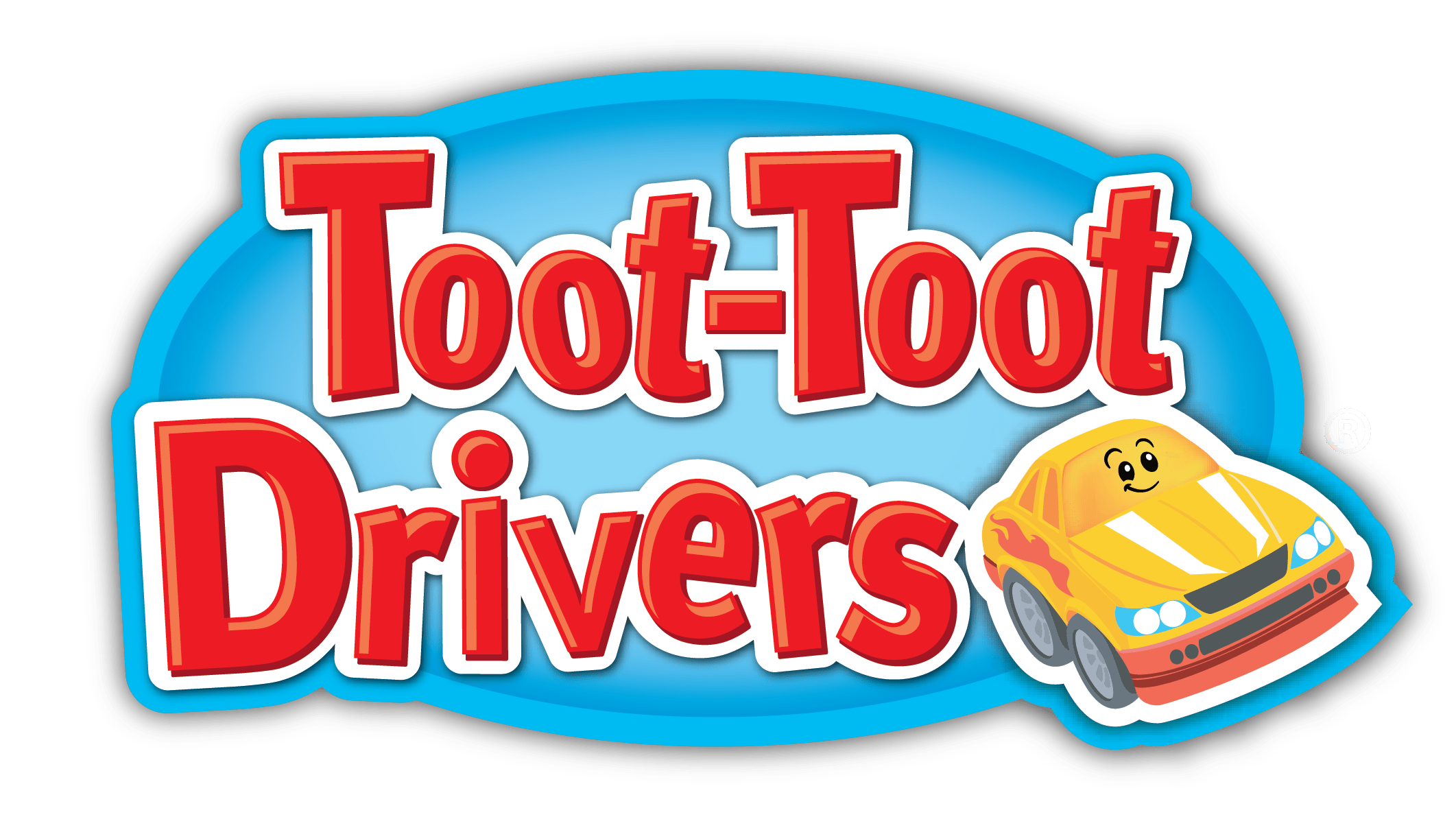



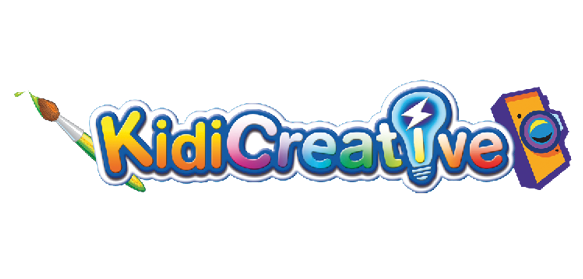

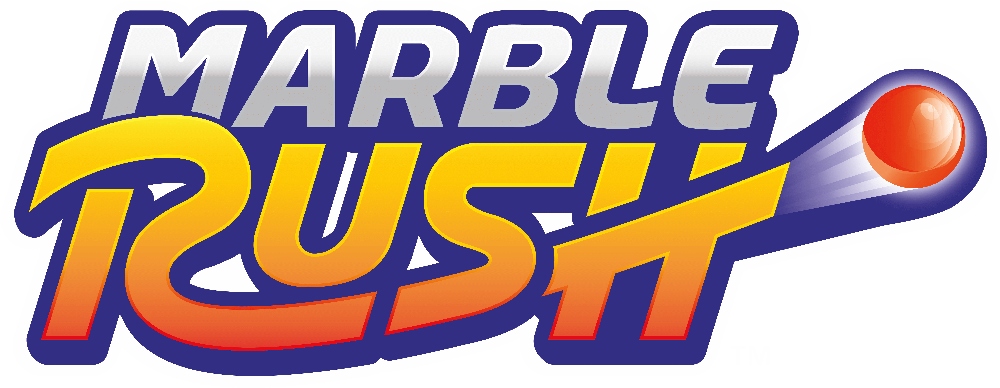
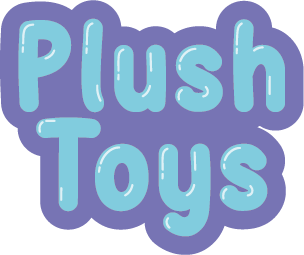

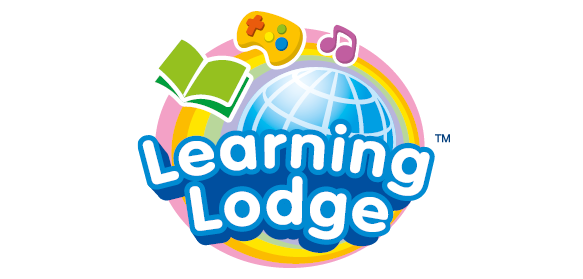 Download
Download

